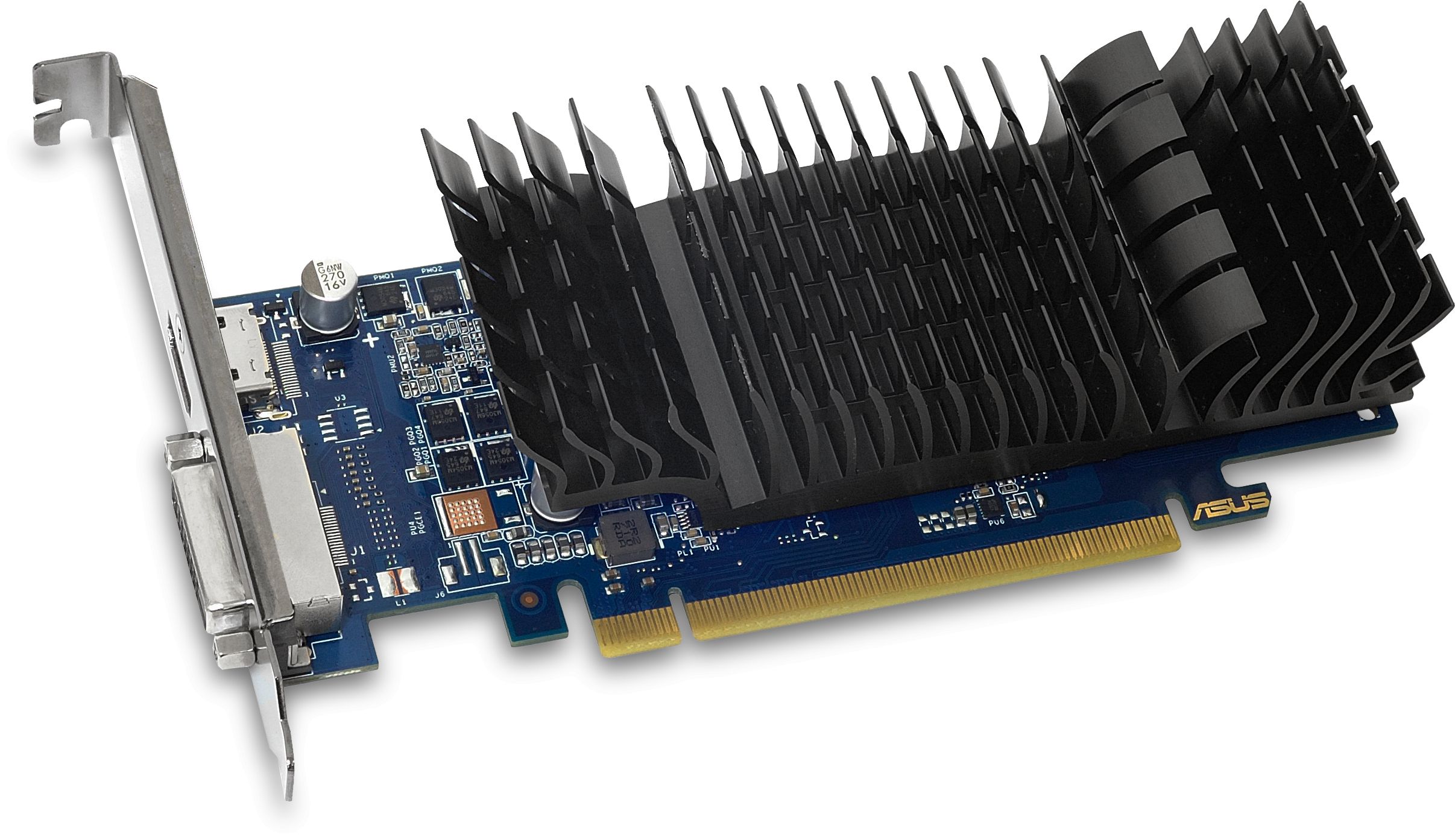Originally posted by stalkerg
View Post
And stability... Vulkan hahaha DXVK developers can say about that more.




 to little contributions, to little consumer needs to blindly follow 10 not-your-own-reasons to buy something quite expensive.
to little contributions, to little consumer needs to blindly follow 10 not-your-own-reasons to buy something quite expensive.
Comment